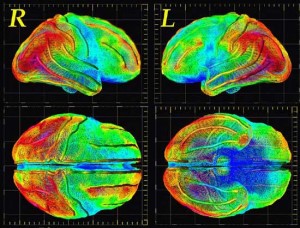 How many of us can actually say that we drink about 64 ounces of water every day?
How many of us can actually say that we drink about 64 ounces of water every day?
When I was younger I refused to drink more than a cup of water I preferred soda, lemonade, Kool-Aid anything sweet. To me water had no taste and I didn’t see the point in drinking it. The rule in my house was that at the dinner we had to drink two cups of water before getting any other beverage.
I would have to sneak soda late at night after my parents went to bed. During my preteen years I was slightly overweight and the soda was probably the one variable that contributed to my weight gain. In our Sc200 class we saw that there is a correlation between weight gain and sugary drinks.
I was drinking on average one can of soda a day. The side effects that I felt afterward included headaches and feeling very sluggish. The pediatrician said that I needed to limit the amount of sodas I drink because I was at risk of developing type 2 diabetes.
As the years went by I actually started to enjoy drinking water. I drink on average about four to five cups of water a day.
There are so many benefits of drinking water. Well for one your body is made up of 75% of water. So it makes sense that our bodies need a certain amount of liquid in order to function properly. If we don’t give our body its daily dose of H20 then that’s when bad things start to happen. Our kidneys start to suffer the most damage because their job is to flush out all of the toxins within the body. If you are not drinking water the toxins start to build up in the kidney’s which can lead to problems later on like kidney disease.
There are so many benefits that water can have for your skin as well, it can make you look younger and clear up acne.
Did you ever notice how your body feels so tired if you are not fully hydrated? It’s your bodies way of saying its thirsty. Gatorades will not help quench your thirst. According to Healthline.com, Gatorade is replacing electrolytes that the body loses while working out. So yes this can be good for those that do intense workouts. But for the average American the best thing to drink if you feel dehydrated is water.
For those that are trying to lose weight water can help with that as well. It’s less likely that you will overeat.
Try to make drinking water an enjoyable experience instead of a chore. Get a nice water bottle. You customized the flavor of your water by adding sweeteners to it. There are also a lot of fruits that are 90% water like watermeloon for example.
Hers another way to tell if you are getting the right amount of water. According to WebMd, if your pee in clear or a light yellow color then that’s means you’re good when it comes to the amount of water you drank for the day. If it a dark yellow color and has a very strong odor, then that’s an indication that you need to drink more water.
But don’t overindulge on the water as with anything too much of anything can be harmful. Don’t start right away with trying to drink a gallon of water. That will not only make you sick but also constantly running to the bathroom.
Start off by making it a goal to drink at least two cups a day. Say yes to drinking water your body will thank you in the long run.







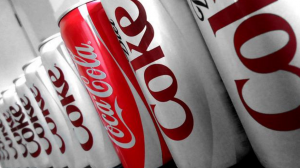









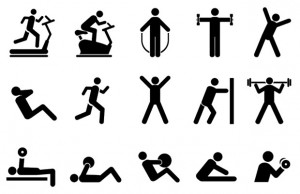

 that we had paper towels in our bathrooms.
that we had paper towels in our bathrooms. Of course, there are many different aspects to this controversy that differ from the hygienic standpoint of it all. Air dryers are favored when it comes to cost and friendliness to the environment. According to the
Of course, there are many different aspects to this controversy that differ from the hygienic standpoint of it all. Air dryers are favored when it comes to cost and friendliness to the environment. According to the 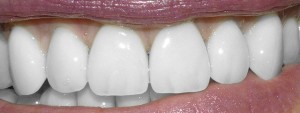







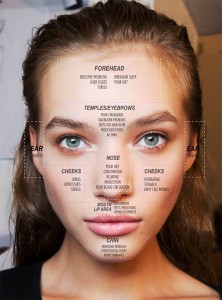

 In addition to the gross factor, there are many other reasons why picking your nose is something you should quit now. It is actually quite a major health concern which, when you think about it, makes a lot of sense. First, by picking your nose, you can actually cause a nose bleed to start. There are many arteries that are located in the nose. When you scratch those arteries it can cause intense bleeding and start a nose bleed. This is a very common thing that happens to younger kids.
In addition to the gross factor, there are many other reasons why picking your nose is something you should quit now. It is actually quite a major health concern which, when you think about it, makes a lot of sense. First, by picking your nose, you can actually cause a nose bleed to start. There are many arteries that are located in the nose. When you scratch those arteries it can cause intense bleeding and start a nose bleed. This is a very common thing that happens to younger kids.



